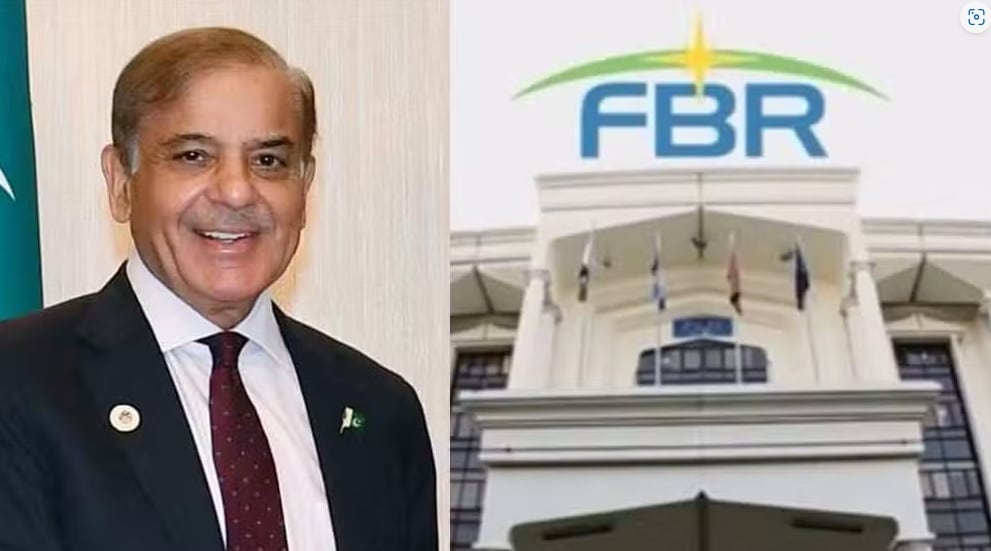Prime Minister Shehbaz Sharif has taken decisive action to expedite the resolution of pending revenue cases in courts, emphasizing that delays will no longer be tolerated.
Strategic Measures to Address Revenue Disputes
During the meeting, Prime Minister Sharif underscored the importance of appointing internationally competitive and professional individuals to the Inland Revenue Appellate Tribunals.
To attract and retain top talent, the Prime Minister instructed officials to offer attractive salaries and benefits. This move is expected to not only fill key vacancies but also enhance the tribunals’ operational efficiency.
Implementation of Modern Recruitment Practices
To achieve this, the government plans to overhaul its recruitment strategy. The focus will be on:
- Global Benchmarking: Identifying international standards for tribunal appointments.
- Competitive Compensation Packages: Designing salaries and benefits to match global market rates.
- Streamlined Hiring Processes: Reducing bureaucratic delays in recruitment.
These measures are anticipated to foster a robust framework for timely and effective resolution of revenue cases.
FBR’s Reform Agenda
The Prime Minister reaffirmed his commitment to reforming the FBR to make it more efficient, transparent, and taxpayer-friendly. The broader reform agenda includes:
- Strengthening Accountability Mechanisms: Ensuring that public funds are safeguarded.
- Equitable Tax Collection: Implementing policies that promote fairness in tax distribution.
- Protecting Low-Income Citizens: Avoiding additional tax burdens on vulnerable populations.
Faceless Assessment System: A Game Changer
Highlighting recent successes, Prime Minister Sharif pointed to the launch of a faceless assessment system in Karachi. This automated system has revolutionized customs clearance by:
- Reducing Processing Time: The new system has significantly shortened the time required for customs procedures.
- Eliminating Corruption: Automation has minimized human interaction, curbing opportunities for corrupt practices.
- Enhancing Efficiency: By leveraging technology, the government has streamlined operations, setting a precedent for other cities.
Inland Revenue Appellate Tribunals: Role and Importance
The Inland Revenue Appellate Tribunals play a crucial role in resolving tax disputes between taxpayers and the FBR. Delays in resolving these cases can:
- Hinder Revenue Collection: Pending cases often lead to substantial revenue losses.
- Create Uncertainty for Taxpayers: Prolonged disputes can deter businesses from complying with tax regulations.
- Erode Public Trust: Inefficiencies undermine confidence in the tax system.
The Prime Minister’s directive to expedite case resolution underscores the government’s recognition of these challenges and its resolve to address them head-on.
Steps to Improve Tribunal Functionality
To enhance the tribunals’ effectiveness, the government has outlined the following steps:
- Digitization of Records: Transitioning to a fully digital system to streamline case management.
- Capacity Building: Providing training programs for tribunal members to ensure they are equipped to handle complex cases.
- Performance Monitoring: Establishing metrics to evaluate tribunal efficiency and accountability.
- Boost Investor Confidence: Transparent and timely dispute resolution reassures investors.
- Increase Revenue Collection: Quick settlements ensure that funds are available for public welfare projects.
- Enhance Economic Stability: Improved revenue flows contribute to a stable fiscal environment.
Commitment to Transparent Governance
Prime Minister Shehbaz Sharif’s directives reflect a broader commitment to transparent and effective governance. By prioritizing reforms in the FBR and Inland Revenue Appellate Tribunals, the government is laying the groundwork for sustainable economic growth.
The meeting also included discussions on advanced measures such as implementing an advanced tracking system for transit cargo to Afghanistan. These initiatives are part of the government’s overarching strategy to modernize Pakistan’s revenue collection framework.
- Resolve pending cases swiftly.
- Establish Pakistan as a model for tax administration in the region.
- Support the government’s vision of an inclusive and equitable economic system.


